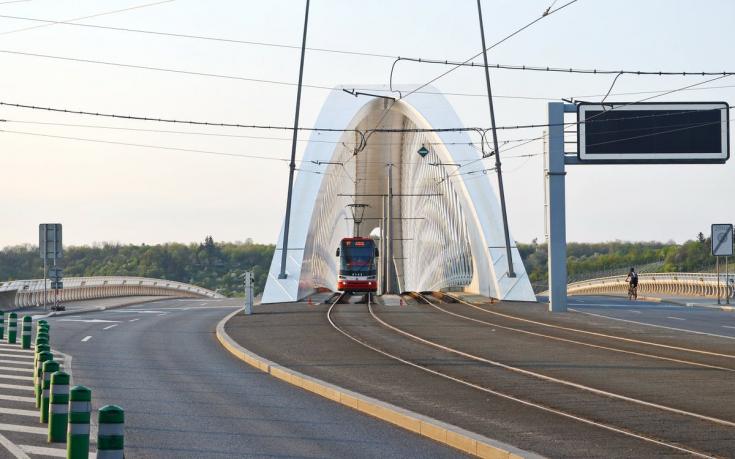Webinar on the impact of transport electrification

On 10 December 2019, the Policy Learning Platform organised a webinar on the topic of the impacts of transport electrification on the electricity grid. Specifically, the impacts that increasing electrification of transport and other sectors can have on the local electricity grid.
Presentations
The webinar was moderated by thematic expert, Katharina Krell. Olly Frankland from the SETUP project joined as a host and introduced the topic with a
Experts in the field introduced the concept of local flexibility markets and highlighted inspiring good practices from across Europe:
- Avi Ganesan from EV Energy project presented the topic
- Nico Spoelstra from Greenflux presented on the topic of
Webinar replay
You can watch the replay of the webinar below. To help you navigate through the highlights and questions during the webinar, you will find an agenda overview below. This is followed by a summary of key learnings.
00:04:56 Introduction video from the EV Energy project
00:09:10 Presentation by co-host Olly Frankland on electric vehicles and electricity networks
00:19:48 Q&A: You mentioned three approaches to reduce stress on the grid. One of them being infrastructure investment, would it also mean adding additional generation capacity?
00:21:10 Q&A: The three solutions mentioned, will these need to implemented together?
00:23:55 Presentation by Avi Ganesan on energy flexibility for smart neighbourhoods
00:44:12 Q&A: Have you considered the scenario where the user will charge in other locations than home, considering they only charge a few kilowatts. Thus, did you consider not only a theoretical energy demand based on battery capacity but also the point of view of the user.
00:50:50 Presentation by Nico Spoelstra on smart charging platforms and findings from Electric Nation
01:04:48 Q&A: Should smart charging be a default, in terms of all electric vehicle charges? If so, what policies should be put in place to allow that to happen?
01:08:04 Q&A: Where do you see good practices in terms of smart charging and local flexibility?
01:16:31 Q&A: Can a merged approach between smart charging and incentive for local storage (house battery) be a mitigation to the stress on the grid?
01:21:35 Q&A: What can public bodies do besides launching demo projects that are under their public control such as parking garages? Where to start and what actions can they take?
Key learnings
During the webinar, mobility and energy policy policy makers learned about the impacts that increasing electrification of transport and other sectors can have on the local electricity grid. One electric car can triple the electricity demand of a household. Typically, e-car owners plug in their vehicles after work, causing a huge demand peak. In a future with wider-spread use of e-cars, this evening peak is expected to exceed the capacity of the grid by large.
The presenters explained three possible solutions to this problem:
- Investment in new electricity generation capacity and grid reinforcement at sub-station level (for sure very expensive)
- Smart charging
- Local flexibility markets
The latter two options are innovative and still not widely known and understood. However, they are surely much less expensive than grid investments. Good practices from the Netherlands illustrated that smart charging can turn e-vehicles into a benefit to the grid, using them as electricity storage and buffer, while non-managed charging would certainly pose a threat to the grid. A case study from the UK showed a new approach to load management by an IT and data-fed platform that allows only charging when there is capacity available in the grid.
Policy makers should aim at energy neutrality of neighbourhoods where own renewable electricity generation equals household consumption over the year. This should be coupled with smart charging and local flexibility markets to adjust electricity demand to the available capacity at any given time.
To achieve this, policy makers should encourage innovation, launch demo projects in areas within their control (their own fleets, city park houses, etc.), provide incentives for early-mover companies and participate in knowledge-sharing projects. A prerequisite are shared data platforms with open protocols and an environment forcing all players to work together. Tender specs and procurement should allow for innovation, require smart charging as a default, and tenders should not be awarded on CAPEX but on life-cycle costs, encouraging quality investments and giving early movers security.
Are you interested in looking at regional policy challenge together with like-minded peers from all over Europe? Our peer review service offers you the possibility to tackle your specific challenge during a two-day meeting. Read about the terms of reference and previous success stories here.
